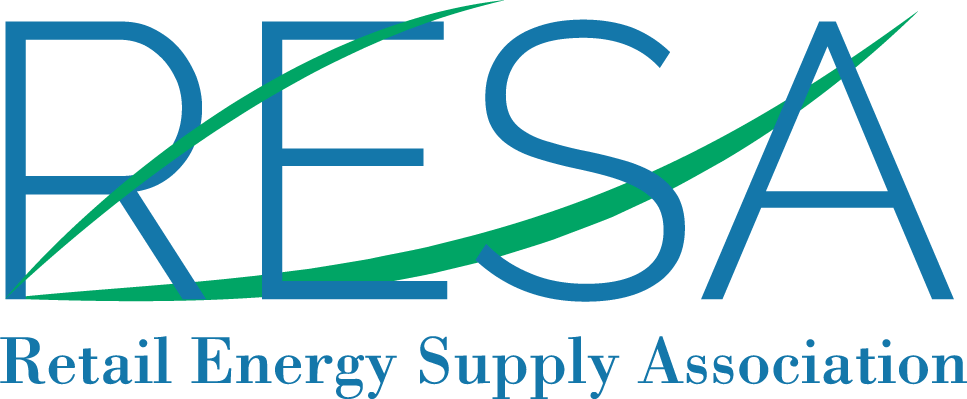
Retail energy shopping allows consumers to choose among competitive suppliers and determine what energy supplier best serves their home or business needs. Competitive markets provide consumers with many options in terms of energy management, efficiency, renewable “green” energy, term length and price. Just as most consumers can choose from a variety of Internet or telephone service providers, consumers in many states can now choose an electricity and natural gas supplier for their home or business. This choice is a significant change over traditional utility service, in which an energy consumer has no choice but to purchase from a monopoly utility service provider offering few or no options.
In most restructured states, when you choose a competitive supplier, you will still have that energy delivered by your traditional utility company and typically will continue to receive a consolidated bill from the utility. What will change is the price you pay on the supply portion of your energy bill and the type of electricity or gas product you purchase.
As a consumer, you need only select a competitive energy supplier and authorize that company to make the switch. The reliability of your service will remain the same. The local utility company will continue to be responsible for power outages or other emergencies.
Like choosing a cell phone service provider, selecting a competitive energy supplier requires a contract between you and the supplier. Always be sure to read and understand all the terms and conditions of your contract. You can enter a contract with a retail electric or natural gas supplier in several ways.
Some examples include:
While it can be as easy as contracting through one of the three methods above, keep in mind that written contracts, especially those that result from direct solicitation, sometimes also require third-party verification for your protection.
There are many resources online to help customers learn about competitive electricity and natural gas rates and choose among competing energy providers. Below is a list, by state, to easily shop and compare products and pricing for electricity and natural gas.

